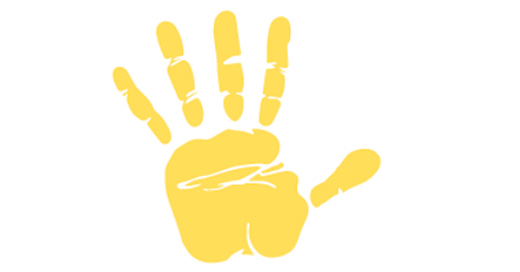Habits, Routines, Rituals, MoSCoW framework, slowing down, the winding-up activity
The High Five - Edition #36
Happy Sunday friends,
I hope your Sunday is going well. A warm welcome to all the new subscribers. Thank you very much for subscribing and I hope you will find these curations interesting. If you received this email as a forward from a good friend, you can receive it directly in your inbox by signing up below.
This week, my curations are all about productive behaviours. Here are the picks:
Difference between Habits, Routines & Rituals
A prioritization framework - MoSCoW
Ruminations on slowing down by ‘deep work’ evangelist - Cal Newport
A quote on information and our identity
Self-plug: A short article on the winding-up ritual of workdays.
Habits, Routines & Rituals - What’s the difference?
We all use these words interchangeably every day because many of us do not have a clear grasp of what each of these means in the way we implement. This article by Ness Labs provides a good distinction between these and a critical component that differentiates them is “intentionality”. If you prefer a video to the article, here is a video by Anne-Laure, the founder of the Ness Labs community.
The MoSCoW method of prioritization
In the last 2 weeks, Ness Labs published a lot of interesting content and this piece is one of that bunch. A new prioritization framework to add to our arsenal, especially when faced with some dilemmas. The MoSCoW method of prioritization doesn’t look at tasks only from the urgency or importance standpoint (like Eisenhower Matrix), but it adds a qualitative layer to the mix. I found that aspect intriguing because many times we prime our work for deadlines. MoSCoW is an abbreviation for:
Must
Should
Could
Won’t
By now, you get the drift. Read the short piece, as it provides a straightforward technique on how to use this framework.
What would happen if we slowed down? - A short essay by Cal Newport
Cal Newport throws a fundamental “what if” question at all knowledge workers, in this article. In the era where hustle is celebrated, what exactly will we lose if we slow down? This is a question for self-reflection. He asks:
What if, for example, you aimed to work 20% less than you had time to reasonably handle?
Have you ever thought about your work this way? In an effort to squeezing in the maximum out of each hour, we are trying to increase the speed and efficiency. But is it really helping us? His question is not about slowing down on specific days in a week or month (weekends, holidays, vacations) but it is about fundamentally changing the pace of our work each workday. Interesting article.
A quote that I found thought-provoking this week: The information you consume, shapes who you are.
Last weekend, I wrote an article about the winding-up ritual, an activity that we all are familiar with when we worked in offices. Closing all the files, winding up the laptop cables, shutting down the laptop, packing the bag - all these being done involuntarily while our mind was still processing the work we completed… or kept pending. In the virtualization and remote working era, we have forgotten this practice as what we do now is just lock the screen and turn around in our chair to become available to our spouse/family. In the past, our mind had a window to ramp down and ease into other things, unlike now when we are trying to operate our minds like switches. I see a lot of value in getting that forgotten practice back into my schedule. I have been doing it over the past 2 weeks and the results are impressive. It is helping me draw a boundary, between work and home. Do you have a winding-up ritual?
If you enjoyed reading this edition of “The High Five”, please forward it to a friend who might enjoy it too. Until next time.





